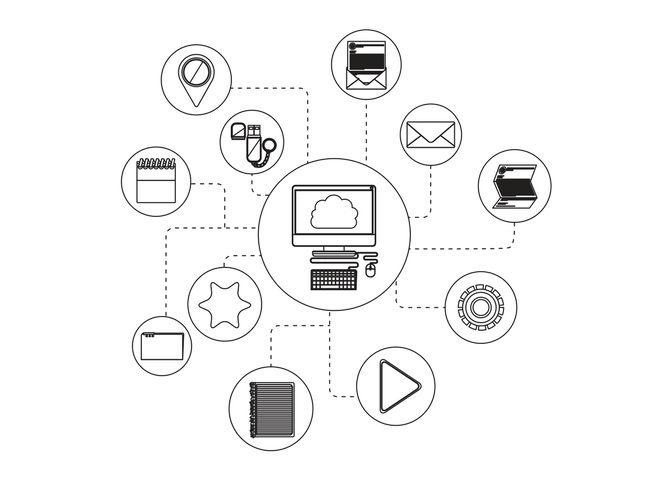
Are you interested in learning about Open Educational Resources? Members of the University of Arkansas Open Educational Resources Team gave a presentation titled, “Open Educational Resources & You: Implementing OER in Your Courses What You Need to Know to Do It Now!” for the TFSC New and Not-So-New Faculty Lunch Series.
Members of the University of Arkansas Open Educational Resources Team gave a presentation titled, “Open Educational Resources & You: Implementing OER in Your Courses: What You Need to Know to Do It Now!” for the TFSC New and Not-So-New Faculty Lunch Series. The presenters included Elaine Thornton, Open Education & Distance Learning Librarian for the U of A Libraries; Scott Wright, Instructional Designer for Global Campus; Lora Lennertz, Data Services Librarian for the U of A Libraries; and Stephanie Pierce, Head of the Physics Library for the U of A Libraries.
So what are Open Educational Resources (OER)?
“Open Educational Resources (OER) are teaching, learning and research materials in any medium – digital or otherwise – that reside in the public domain or have been released under an open license that permits no-cost access, use, adaptation and redistribution by others with no or limited restrictions.”
OER are becoming more and more prevalent in Higher Education. Elaine Thornton highlighted the team approach that we are taking at the U of A to ensure that we are supporting and providing resources to our faculty and students in the adoption and implementation of OER.
The 5 Rs of openness**
There are different degrees of OER and Scott Wright highlighted the 5 Rs of openness.
 |
|
**This material was created by David Wiley and published freely under a Creative Commons Attribution 4.0 license
So what is the difference between the free and open resources?
While OER is always free, not all things that are free are OER. Stephanie Pierce noted that some things are on the internet and are free but this does not mean that you have the right to use them in the classroom. There are differences in licensing types and OER materials will have either a creative commons license or is in the public domain. Some things that we frequently use that are free but are not in the public domain and/or do not have a creative commons license, such as YouTube videos or TedTalks are not OER and have certain restrictions with which the user must legally comply. OER materials may have different types of restrictions but the license type lets you know what you are allowed to do with the material. For instance you may want to use an OER text but you may want to add to it or change sections of it, by looking at the restrictions, you will know if this is acceptable or not.
Are you already using OER materials in your class? The OER team would love to hear about it! You can email them at oer@uark.edu to let them know what you are doing in your courses or if you have questions, the OER team is always happy to help and answer questions!
For more ideas on implementing Open Educational Resources, see the team’s presentation below or email them at oer@uark.edu 
This content was developed from a presentation by which was sponsored by the The Wally Cordes Teaching and Faculty Support Center (TFSC) at the University of Arkansas.
The presentation can be downloaded and viewed as a PDF: Open Educational Resources & You: Implementing OER in Your Courses What You Need to Know to Do It Now!